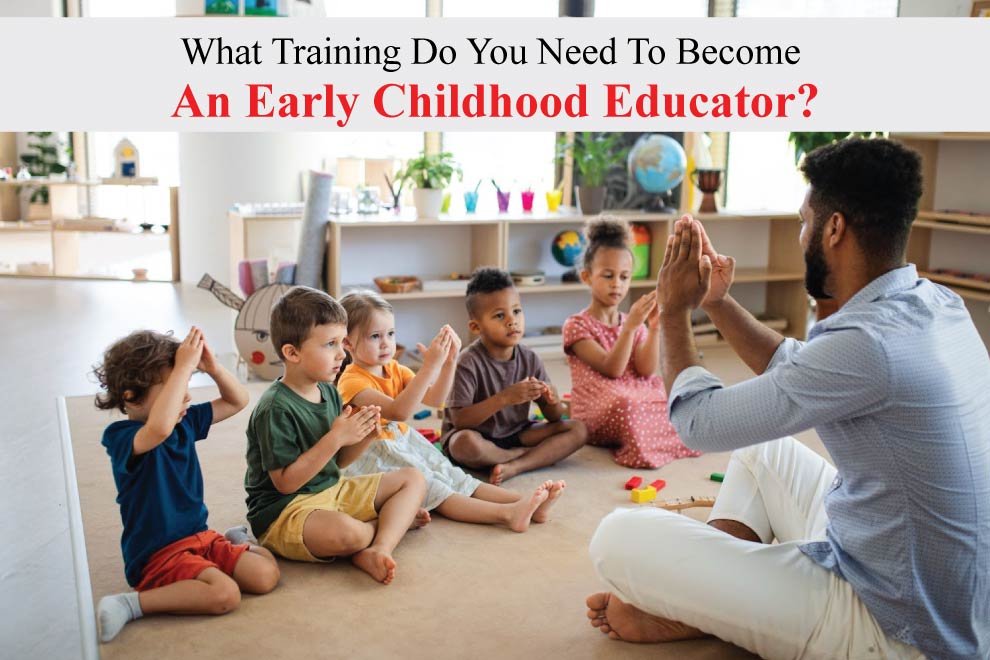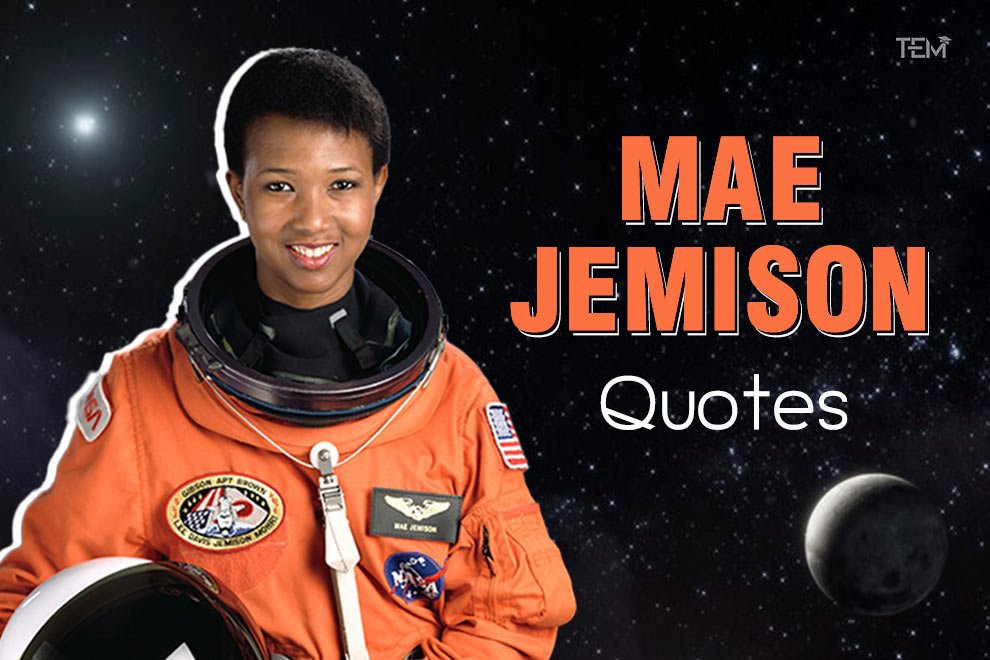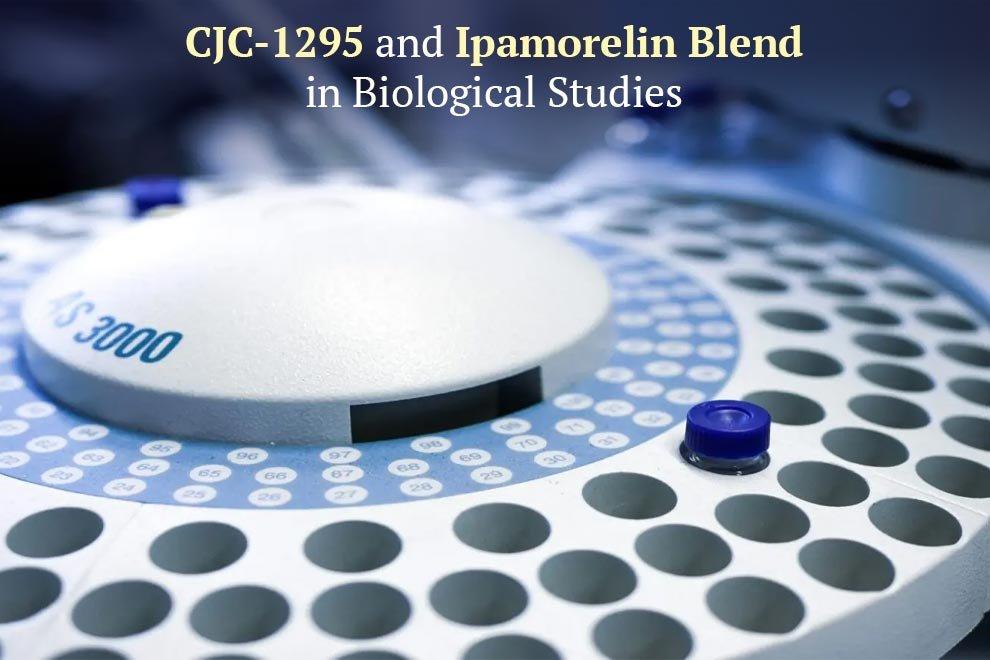From the moment we are born our brains are rapidly developing – so much so that by the time we’re just five years old, we’ve learned skills and language more rapidly than at any other time of our lives!
This is precisely why the importance of early childhood education (ECE) cannot be overemphasised. Considering just how malleable our brains are at this stage in our development, it’s indefatigably vital that young children are building neural and real-world connections, not only through their relationships, but also through play and observation.
Understanding the importance of providing dynamic play areas for children is a core component for the training required to become an early childhood educator. Thankfully, there are several training avenues available for those wanting to work in ECE, with many early childhood educators holding a certification or even a Diploma in Early Childhood Education and Care as a baseline before potentially working their way up to advanced degrees.
Let’s explore the various training and qualifications required to embark on this rewarding career path.
Certificate III in Early Childhood Education and Care
In Australia, a Certificate III in Early Childhood Education and Care is the minimum qualification legally required to be able to work in early education and childcare settings. As an entry level qualification, this certification is the first step on the training pathway.
A Certificate III in Early Childhood Education and Care equips graduates with foundational knowledge and skills to work effectively with young children. Topics such as child development, child health and safety, communication strategies, and planning to support children’s play and learning are at the core of this course.
Practical placements are a significant element of this course. Students undertake 180 hours of practical experience in an education and care environment over the course of the 12 month course (full time). This on-the-job training builds professional relationships through mentorship and facilitates immediate feedback.
Obtaining a Certificate III not only provides you with a solid foundation in ECE, but it also opens up opportunities for employment in a range of settings, including long day care centres, family day care services, kindergartens, and out-of-school-hours care facilities.
Diploma of Early Childhood Education and Care
After obtaining a Certificate III, many educators choose to complete further training to increase their knowledge and skills and to move into higher-level positions in the ECE field. Career advancement is underpinned by a Diploma in Early Childhood Education and Care.
The Certificate III in Early Childhood Education and Care is a compulsory prerequisite, and having experience in the field before undertaking the 12-month Diploma in Early Childhood Education and Care is highly beneficial.
As the Diploma is an advanced qualification, it provides a deeper understanding of child development theories, pedagogical approaches, and practical strategies for nurturing children’s development and wellbeing.
The Diploma equips students with the managerial skills to coordinate day-to-day operations, be a lead educator, assistant director, and centre director. The course also delivers the training to design and implement a curriculum that meets the national standards.
As with the Certificate III in Early Childhood Education and Care, the Diploma requires students to engage in workplace experience. Over 280 hours, trainees build their confidence in managing students, visitors, volunteers, parents and staff.
Bachelor degree in Early Childhood Education
Early childhood educators wanting to progress to teaching in a kindergarten, also called pre-school, are required to study a bachelor’s degree in ECE.
Holding a Diploma in Early Childhood Education and Care is of great benefit as it is recognised as prior learning and enables potential students to commence the course at the beginning of the second year of study. This reduces the three-year full time course to two.
The compulsory practical experience is generally around 80 hours. It incorporates the care of babies and toddlers, as well as teaching three and four-year-old children.
Graduates enter the workplace with the skills, knowledge, and self-reflective abilities needed to succeed in the field. As well as deepening their understanding of the design and implementation of the curriculum, students build their skills in authentically co-constructing learning programs with input from families and children.
Career options include working in private, community, or government-funded child care services and kindergartens. An undergraduate degree in ECE or a related area is required for teaching in early childhood settings, coordinating curriculum, and holding leadership or policy advocacy positions.
Ongoing professional development
All educators in ECE, regardless of the qualification they hold, engage in continuous learning and skills-building over their careers. Continuing education and professional development (PD) are essential for maintaining skills and staying up-to-date with global developments in understanding best practices in early childhood education.
Early childhood education and care in Australia is regulated under the National Quality Framework (NQF), which guides critical aspects of the sector and outlines requirements for ongoing training. PD incorporates collaborative inquiry and reflective dialogue through reading new literature, workplace-based learning, workshops, seminars, and additional certificates or qualifications, such as first-aid training.
Through PD, educators enhance the quality of their interactions with children, families, and colleagues, ultimately contributing to positive outcomes for children’s learning and development.
As Plato once said, the best way to keep children to their studies is not by compulsion ‘but by play’. This and many other early childhood education quotes is what keeps ECE professionals continuously learning as well, seeking to improve their own understanding of early childhood learning to support young minds in their vital development. This is an infinitely valuable profession that plays an intrinsic role in the growth of any strong society.
And fittingly as we’ve just seen, the journey to becoming an early childhood educator involves a combination of formal training and ongoing professional development. By studying early childhood education, you will play a crucial role in laying the foundation for children’s lifelong learning, shaping a brighter future for generations to come. Any learners who are passionate about pursuing a career in ECE are advised to approach their training and the attainment of their qualification with an open mind and a willingness to adapt as our collective understanding of early childhood learning continues to evolve.










